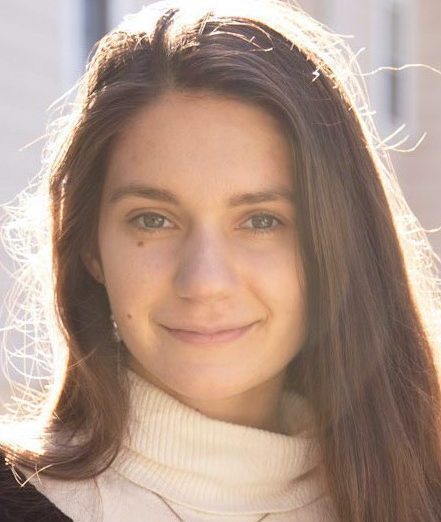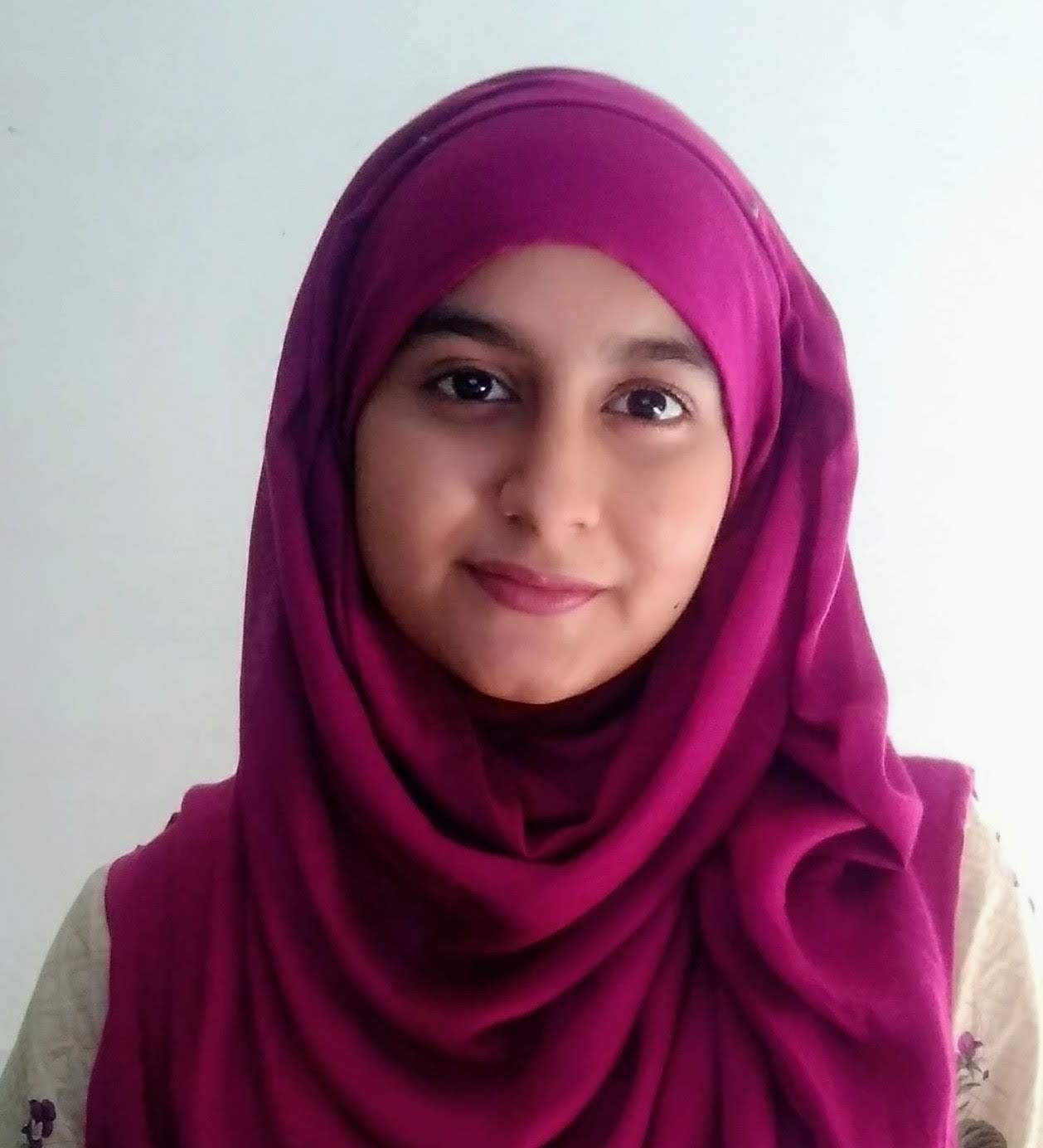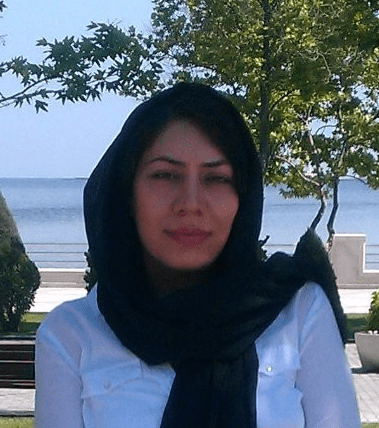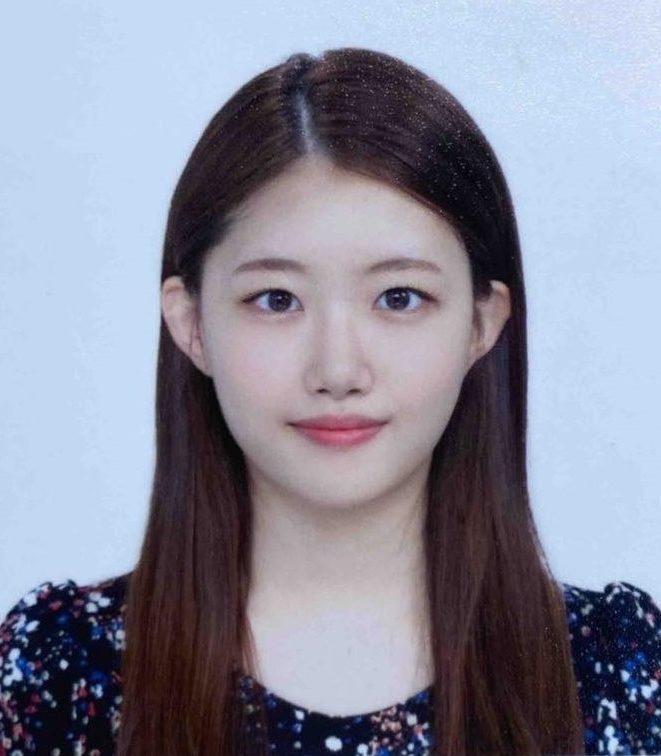2021 ACM Student Research Competition Winners

The ACM Student Research Competition is an internationally recognized contest where undergraduate and graduate students present their original research. At vGHC, a panel of judges selected three undergraduate students and three graduate students as the winners, all of whom received a cash prize for their incredible work. The top undergraduate student and top graduate student will also advance to the Grand Finals.
Undergraduate Winners
|
|
Serafina Kamp, First PlaceSchool: University of Michigan, U.S.A. Poster Title: Robustness of Fairness in Machine Learning Description: Machine learning algorithms are used in making decisions that affect society, and hence it is important to reliably measure their fairness. This work evaluates the robustness of fairness metrics in two distinct domains using bootstrap sampling. We show that fairness metrics are less robust than performance metrics and that this lack of robustness most affects socially disadvantaged groups. |
|
|
Isabel Orlanes Gallegos, Second PlaceSchool: Stanford University, U.S.A. Poster Title: Predicting Disease Diagnoses using Electronic Health Records and CT Image Biomarkers Description: Abdominopelvic CT scans are commonly used to diagnose internal organ diseases but are largely unused to predict cardiovascular and metabolic diseases. This work seeks to supplement traditional EHR data with abdominopelvic CT scans to build a machine learning model that predicts cardiovascular and metabolic disease diagnoses, creating new opportunities for early and efficient disease detection. |
|
|
Kainat Abbasi, Third PlaceSchool: Habib University, Pakistan Poster Title: Digital Handwritten Character Scoring System for Urdu E-Learning Application Description: Urdu, spoken by more than 200 million people, is gravely under-researched in the field of computer science. This work dares to challenge this by proposing an e-learning application for Urdu writing. It utilizes machine learning models to provide instant feedback through the application. We also propose a novel dataset which could set a pathway for further research in Urdu e-learning. |
Graduate Winners
|
|
Natasha Scannell, First PlaceSchool: University of Wisconsin – Milwaukee, U.S.A. Poster Title: The Search for Life: Exoplanet Detection with Deep Learning Description: The Kepler Space Telescope searched for planets outside our solar system. The state-of-the-art exoplanet detection model, Astronet, is a convolutional neural network (CNN) with over 9 million parameters. In this work, LSTMs, CNN-LSTMs, and CNNs are compared. A more efficient CNN with 8x fewer trainable parameters was developed that achieves the same accuracy and improved precision over Astronet.
|
|
|
Hajar Emami Gohari, Second PlaceSchool: Iran University of Science and Technology, Iran Poster Title: Shape-Preserving Generative Adversarial Network (SP-GAN) for Medical Image Synthesis Description: In contrast to MRI, CT has limited soft tissue contrast and involves radiation exposure side effects in clinical applications. We propose a novel shape-preserving GAN for synCT generation from MRI. Through extensive experiments on prostate cancer dataset, we demonstrate SP-GAN outperforms state-of-the-art models. SP-GAN generates accurate synCTs and offers strong potential for treatment planning. |
|
|
Gyeongeun Lee, Third PlaceSchool: University of Illinois at Chicago, U.S.A. Poster Title: A Content-Based Skincare Product Recommendation System Description: Skincare is the fastest-growing beauty category globally, surpassing makeup. In the past, consumers depended on best-seller products while shopping. But since everyone has different skin conditions, this method fails to judge compatibility between a product and a user. To address this problem, I redesigned a recommender system based on the user’s skin type and ingredient composition of a product.
|






